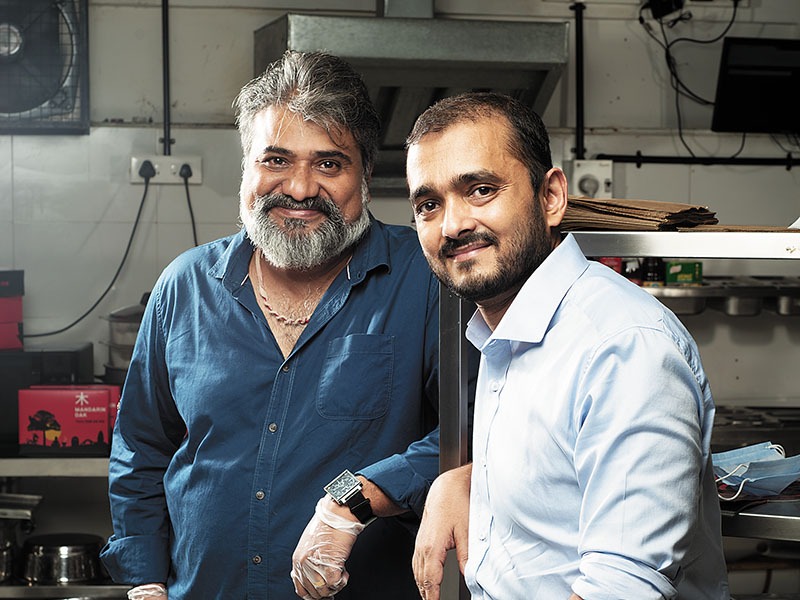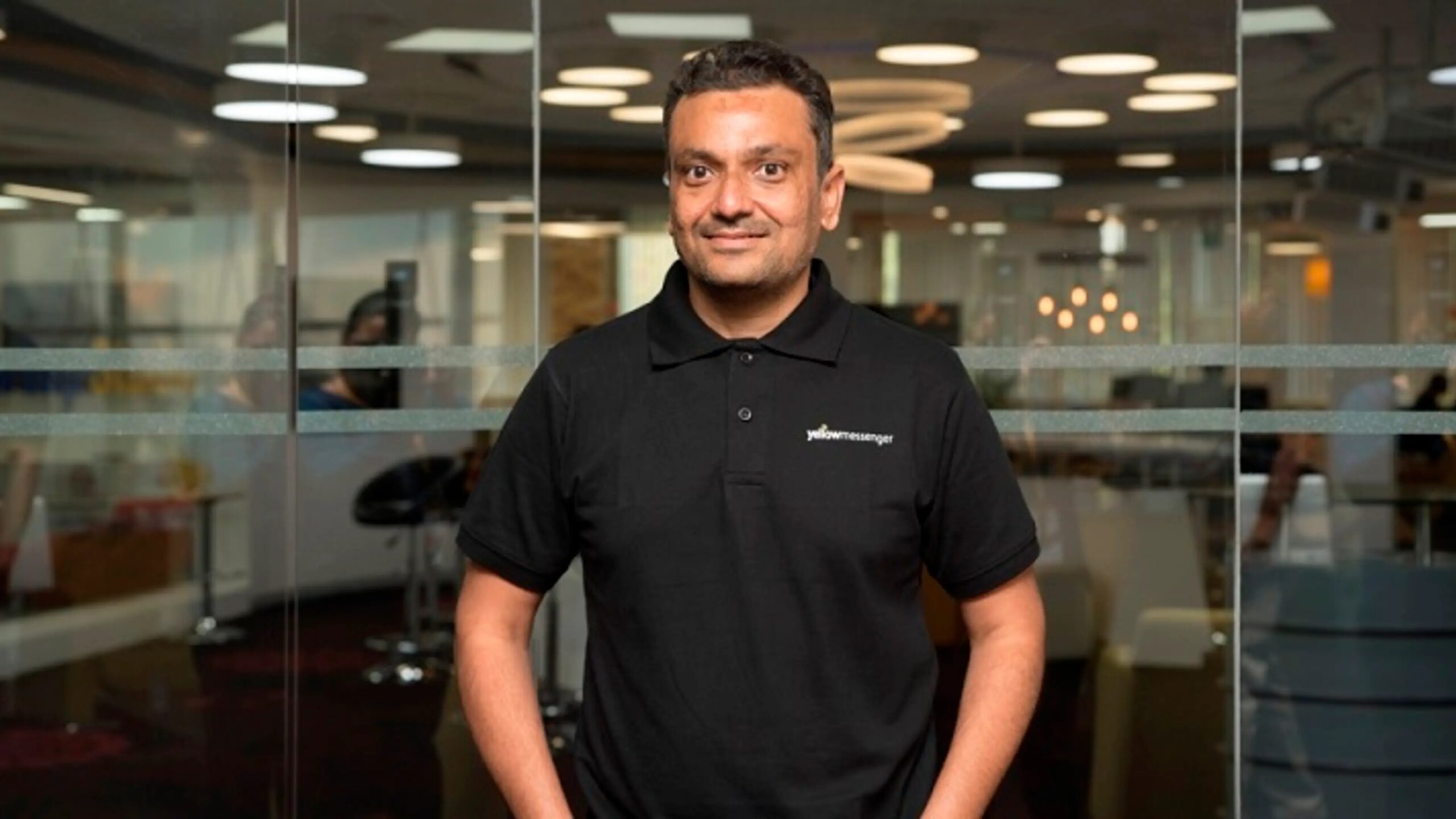In recent years, the food industry has seen a major shift towards online ordering and delivery. With the rise of food delivery apps like Uber Eats, DoorDash, and Grubhub, more and more people are opting to order food from the comfort of their own homes. This trend has given rise to a new type of restaurant – the cloud kitchen. And one company that has taken this concept and turned it into a successful business is Rebel Foods.
What is Rebel Foods?
Rebel Foods, formerly known as Faasos, is a cloud kitchen startup that was founded in 2011 by Jaydeep Barman and Kallol Banerjee. The company started as a quick-service restaurant chain in Pune, India, serving wraps and biryanis. However, in 2013, they pivoted to a cloud kitchen model, focusing solely on online orders and delivery.
Today, Rebel Foods has over 300 cloud kitchens across India, the UAE, Indonesia, and the UK, and is valued at over $500 million. The company has also expanded its menu to include a variety of cuisines, such as Chinese, Italian, and Mexican, under different brand names like Behrouz Biryani, Oven Story, and Mandarin Oak.
The Early Days of Rebel Foods
Before starting Rebel Foods, co-founders Jaydeep Barman and Kallol Banerjee were working in the corporate world. Barman was a consultant at McKinsey & Company, while Banerjee was a marketing executive at Tata Motors. However, both of them shared a passion for food and entrepreneurship, which led them to start their own restaurant chain, Faasos.
Initially, Faasos was a traditional restaurant with a dine-in option. However, the founders soon realized that the majority of their orders were coming from online platforms like Foodpanda and Zomato. This led them to rethink their business model and focus solely on online orders and delivery.
They also noticed that their customers were looking for more variety in their menu, which was limited to wraps and biryanis. This led to the birth of Rebel Foods, which would offer a variety of cuisines under different brand names, all operating from the same cloud kitchen.
The Cloud Kitchen Model
The concept of a cloud kitchen, also known as a ghost kitchen or virtual kitchen, is simple – it is a kitchen without a physical storefront. Instead, the food is prepared and delivered directly to the customer’s doorstep. This model eliminates the need for a dine-in space, reducing overhead costs and increasing efficiency.
Rebel Foods’ cloud kitchens are strategically located in areas with high demand for food delivery, such as residential areas, office complexes, and college campuses. This allows them to reach a larger customer base and fulfill orders quickly, ensuring hot and fresh food for their customers.
Moreover, the cloud kitchen model allows Rebel Foods to experiment with different cuisines and menus without the risk of investing in a new physical restaurant. If a particular brand or menu does not perform well, they can easily pivot or shut it down without incurring significant losses.
Technology and Data-Driven Approach
One of the key factors that have contributed to Rebel Foods’ success is its use of technology and data. The company has developed its own technology platform, called Rebel Operating System (ROS), which manages everything from order processing to inventory management.
ROS also collects and analyzes data from various sources, such as customer orders, feedback, and social media, to understand customer preferences and trends. This data is then used to optimize menus, pricing, and marketing strategies, ensuring a personalized and seamless experience for customers.
Moreover, Rebel Foods has also partnered with food delivery apps like Swiggy and Zomato, which provide them with a wider reach and access to a larger customer base. This has helped the company to scale quickly and expand into new markets.
Challenges and Growth
Like any startup, Rebel Foods has faced its fair share of challenges. One of the biggest challenges was to change the mindset of customers who were used to the traditional dine-in experience. The company had to educate them about the concept of cloud kitchens and convince them to order food online.
Another challenge was to maintain quality and consistency across all their brands and locations. With multiple cuisines and menus, it was crucial for Rebel Foods to ensure that the food tasted the same, regardless of where it was prepared and delivered.
However, the company has managed to overcome these challenges and has seen tremendous growth in the past few years. In 2019, Rebel Foods raised $125 million in funding from investors like Sequoia Capital and Lightbox Ventures, which helped them to expand into new markets and strengthen their technology platform.
Today, Rebel Foods has over 35,000 orders per day and is expected to reach 100,000 orders per day by the end of 2021. The company has also set its sights on becoming a global player in the cloud kitchen industry, with plans to expand into the US and Southeast Asia.
Impact on the Food Industry
Rebel Foods’ success has not only disrupted the traditional restaurant industry but has also had a significant impact on the food delivery market. The company’s cloud kitchen model has inspired many other startups and established players to adopt a similar approach.
For instance, food delivery giant Uber Eats has also started investing in cloud kitchens, with plans to open 400 virtual restaurants in India by the end of 2021. This trend is expected to continue, with more and more players entering the cloud kitchen market.
Moreover, Rebel Foods’ data-driven approach has also set a new standard for the food industry. With the use of technology and data, companies can now understand their customers better and offer personalized experiences, leading to increased customer satisfaction and loyalty.
Conclusion
Rebel Foods’ journey from a small quick-service restaurant to a cloud kitchen empire is a testament to the power of innovation and technology. The company has not only disrupted the traditional restaurant industry but has also set a new standard for the food delivery market.
With its strategic use of technology, data, and a customer-centric approach, Rebel Foods has managed to scale quickly and expand into new markets. The company’s success has also inspired many others to adopt a similar model, leading to a major shift in the food industry.
As the demand for online food delivery continues to grow, Rebel Foods is well-positioned to become a global leader in the cloud kitchen industry. And with its focus on innovation and customer satisfaction, the company is sure to continue its upward trajectory in the years to come.











